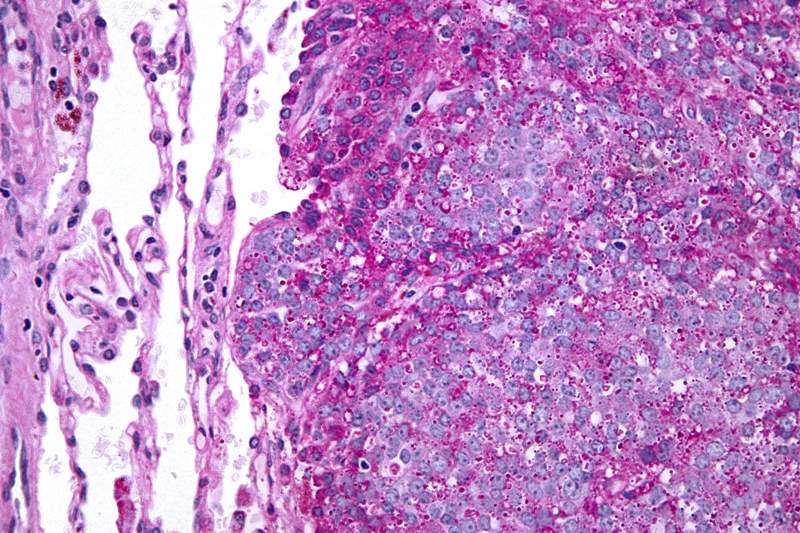
Gradalis has started a Phase lll clinical trial of Vigil in combination with irinotecan and temozolomide for the treatment of patients with Ewing’s sarcoma (EWS).
The multicentre, randomised, open-label trial intends to analyse the study drug combination as a second-line regimen for EWS, a rare form of pediatric cancer that originates in bone or soft tissue.

Discover B2B Marketing That Performs
Combine business intelligence and editorial excellence to reach engaged professionals across 36 leading media platforms.
Caused by genetic mutation, EWS is currently estimated to affect around 1,000 individuals across the globe every year.
The Phase lll trial is expected to enrol around 140 patients with metastatic Ewing’s sarcoma family of tumours (ESFT) refractory/intolerant or recurrent to one prior line of chemotherapy.
The enrolled patients will be randomised in 1:1 ratio to receive daily oral dose of temozolomide 100mg/m² and daily oral dose of irinotecan 50mg/m² for five days.
They will also receive Vigil 1.0 x 10e6 cells/injection cells/injection, intradermally on day 15.

US Tariffs are shifting - will you react or anticipate?
Don’t let policy changes catch you off guard. Stay proactive with real-time data and expert analysis.
By GlobalDataThe trial’s primary endpoint is progression free survival (PFS), while its secondary endpoints include overall survival (OS) and radiological tumour assessment.
Gradalis chief medical officer John Nemunaitis said: “For patients affected by Ewing’s sarcoma, our most recent trial has shown positive results with minimal side effects.
“We believe Gradalis’ approach of exploiting the patient’s existing, highly adapted immune system by presenting the entire neoantigen matrix and induced T-cell responses against their cancer has great promise.”
In addition, Gradalis is conducting a number of other clinical studies for Vigil for the treatment of various types of cancer.
Vigil is currently being evaluated as a cellular immunotherapy technology that combines genetic engineering with immuno-oncology.





